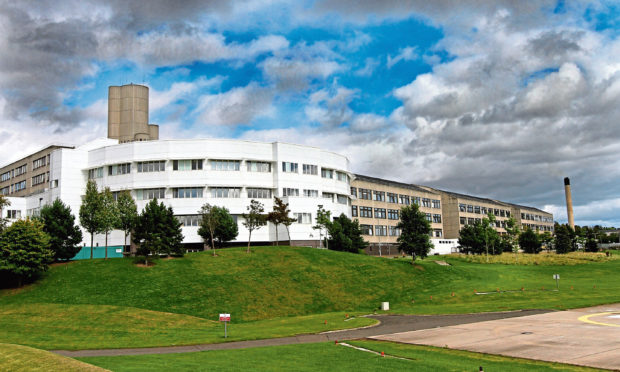Ultraviolet light could be used in the fight against coronavirus, researchers have said.
Scientists from St Andrews University and Ninewells Hospital, Dundee, have found a particular type of light known as far-UVC could be safely used to disinfect air in public places without harming people.
The team used computer simulations to study the impact of far-UVC lamps on human skin as part of their joint work, and found the wavelengths do not cause the problems with skin damage typically associated with ultraviolent light.
Lamps that emit at a shorter wavelength are being investigated worldwide as a way of eliminating the virus responsible for the ongoing global pandemic. Groups are using the computer simulations developed by the St Andrews and Ninewells team to ensure they are safe for human skin.
Isla Barnard, a medical physics PhD student at St Andrews, said: “The earth’s atmosphere protects us by absorbing all the UVC from the sun and we must be very careful to protect ourselves from some existing UVC disinfectant lamps which are known to cause skin damage.
“Using our computer model, we have shown that longer UVC wavelengths can damage the skin whilst shorter wavelengths had much more limited penetration.”
Dr Ewan Eadie of the Photobiology Unit at Ninewells said further studies involving real-life people were now needed to support the findings.










